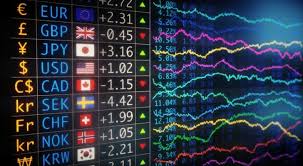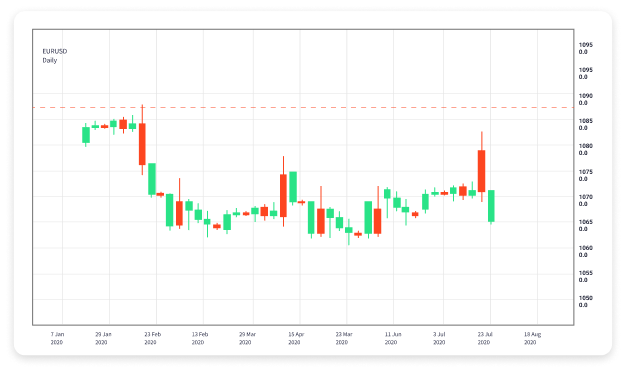
In the fast-paced world of forex trading, the demand for efficient and reliable trading software is paramount. forex trading software developer Trading Vietnam has emerged as a key player in this domain, continuously seeking to improve trading technologies and enhance user experiences. This article delves into the critical role that forex trading software developers play in this ecosystem, examining the skills required, the technologies leveraged, and the future trends shaping the industry.
The Role of Forex Trading Software Developers
Forex trading software developers are responsible for creating, maintaining, and improving trading platforms that facilitate the buying and selling of currencies. Their work is pivotal in ensuring that traders have access to tools that are not only functional but also intuitive. These developers possess a unique combination of programming expertise, a deep understanding of financial markets, and the ability to innovate under pressure.
Core Skills of a Forex Trading Software Developer

To be successful in the forex trading software development arena, developers need a specific skill set, including but not limited to:
- Programming languages: Proficiency in languages such as Java, C++, Python, and JavaScript is essential. Each language offers different advantages depending on the functionality required in trading software.
- API Integration: Developers must be adept at integrating various APIs that allow software to communicate with trading platforms and brokers.
- Understanding of Financial Markets: A solid grasp of market concepts, including currency pairs, pips, spreads, and margin, is critical for developing relevant applications.
- Data Analysis Skills: The ability to analyze market data and implement algorithms that facilitate automated trading strategies is a significant asset.
- Debugging and Maintenance: Skills in troubleshooting and maintaining software to ensure optimal performance are vital.
Technologies Used in Forex Trading Software Development
The technological landscape for forex trading software is vast and continually evolving. A few key technologies include:
- Trading APIs: Developers utilize trading APIs to integrate services from Forex brokers and data feeds, allowing users to access real-time market data.
- Machine Learning: Modern trading applications often incorporate machine learning algorithms to predict market trends and identify profitable trading opportunities.
- Cloud Computing: Utilizing cloud services enhances scalability and provides robust data storage solutions, ensuring traders can access platforms anywhere, anytime.
- Blockchain Technology: Some developers are exploring blockchain for its potential to enhance security and transparency in trading operations.
- Web Technologies: HTML, CSS, and JavaScript are fundamental for developing responsive and user-friendly front-end interfaces.
Challenges Faced by Forex Trading Software Developers

Despite the exciting opportunities in forex trading software development, there are several challenges developers face:
- Market Volatility: The highly volatile nature of forex markets can pose challenges for developers, as trading applications must function flawlessly during unpredictable market conditions.
- Data Security: With increasing cyber threats, securing sensitive user data against breaches is of utmost importance.
- Regulatory Compliance: Developers must stay abreast of financial regulations across different jurisdictions to ensure their software complies with legal standards.
- User Experience: Balancing complex functionalities with a seamless user experience is a continuous challenge that developers must navigate.
The Future of Forex Trading Software Development
The future of forex trading software development is bright, with numerous trends likely to shape its direction:
- Artificial Intelligence: The use of AI in trading platforms will likely increase, aiding in decision-making processes and enhancing trading automation.
- Mobile Trading Optimization: As more traders turn to mobile devices, developers will focus on creating optimized mobile trading applications to meet this demand.
- Enhanced Data Visualization: The ability to analyze and visualize complex data quickly will become vital, pushing developers to innovate in data presentation methodologies.
- Social Trading Features: The integration of social trading features, allowing traders to share strategies and insights, will become more prevalent.
- Integration of New Payment Methods: As cryptocurrencies and alternative payment methods gain traction, traders will expect seamless integration into their trading platforms.
Conclusion
Forex trading software developers play a crucial role in shaping the future of trading. As technology continues to advance, their ability to adapt and innovate will determine the success of trading platforms. The continuous collaboration between developers, traders, and brokers will ensure that forex trading software not only meets but exceeds the expectations of its users in an increasingly competitive market.
